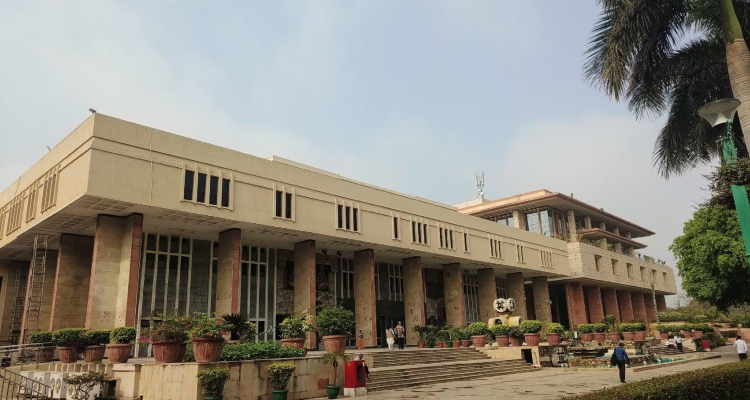
The Delhi High Court on Friday has instructed the Central Government to act on a representation urging the Ministry of External Affairs (MEA) to establish guidelines safeguarding the rights and interests of Indian students pursuing education abroad.
A bench comprising Acting Chief Justice Vibhu Bakhru and Justice Tushar Rao Gedela noted that the matter falls within the domain of legislation and policymaking but directed the authorities to respond to the representation submitted by the petitioner NGO, Pravasi Legal Cell.
Plea Highlights Vulnerabilities Of Indian Students Abroad
The NGO’s plea raised concerns over the lack of legal protections for Indian students traveling overseas for education. It argued that students are vulnerable to fraud, exploitation, and malpractice by unregulated educational agents and foreign institutions.
The current Emigration Act of 1983 primarily focuses on employment and does not extend its protections to students, leaving them without a regulatory framework to address grievances. The plea emphasized that in the absence of adequate safeguards, students risk exploitation and harassment both in India and in their destination countries.
Call for Legislative Action
The petition underscored the urgent need for specific legislation to protect Indian students studying abroad. As an interim solution, it proposed that the government issue comprehensive guidelines to regulate student migration and safeguard their rights.
“In the absence of robust legal mechanisms for student migration abroad, Indian students are highly vulnerable to exploitation and harassment. Guidelines are urgently needed to protect their rights and interests,” the plea stated.
Rising Incidents of Fraud and Exploitation
NGO President Jose Abraham, through Advocate Basil Jaison, highlighted a growing number of fraud cases involving unregulated educational agents. These include false promises regarding university admissions, courses, and accommodations, leading to significant financial losses for students.
The plea pointed out that unlike workers who benefit from regulatory oversight under the Emigration Act, Indian students lack legal recourse to address grievances against fraudulent agents. Even the Draft Bill of 2021 does not provide adequate protections for students.
The High Court’s directive to the government is expected to bring attention to the pressing issue and could pave the way for policy reforms aimed at ensuring the safety and well-being of Indian students abroad.




